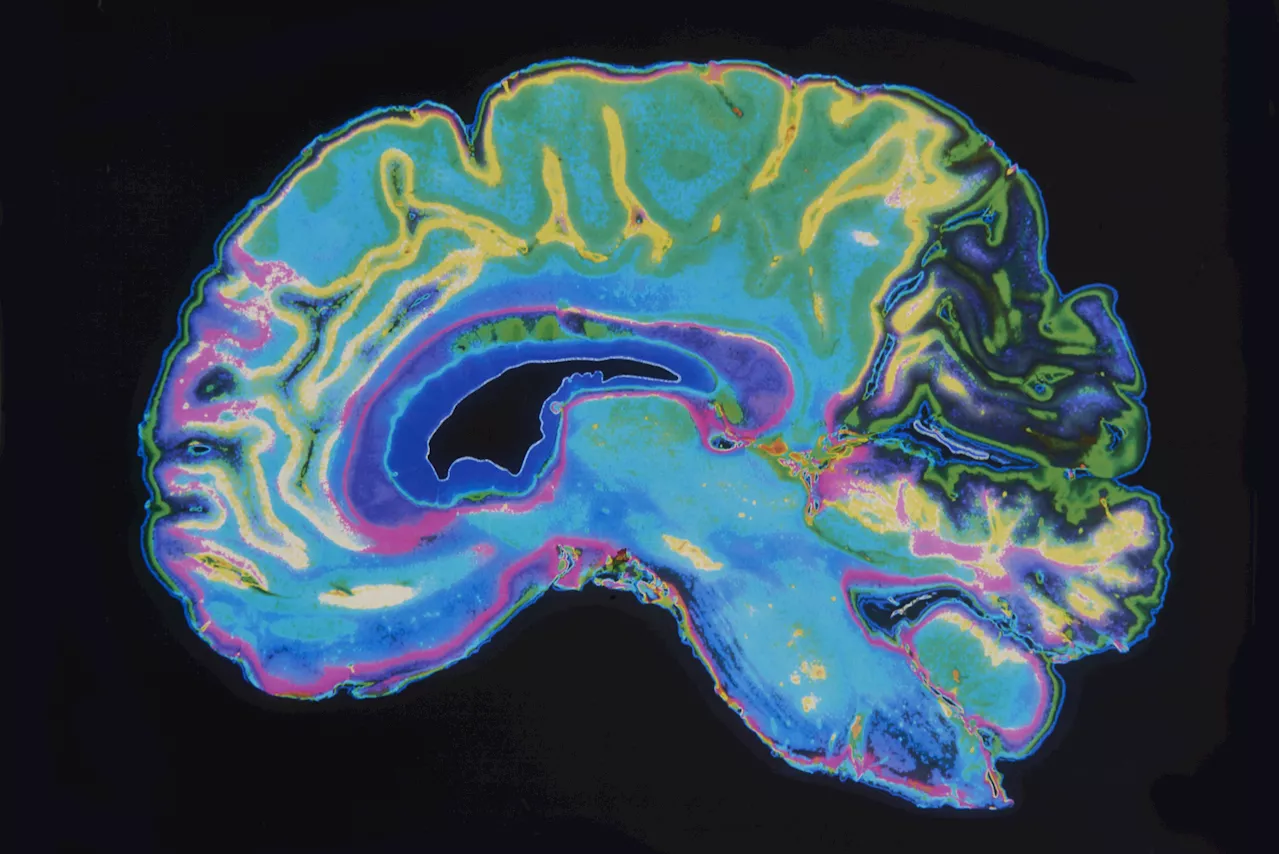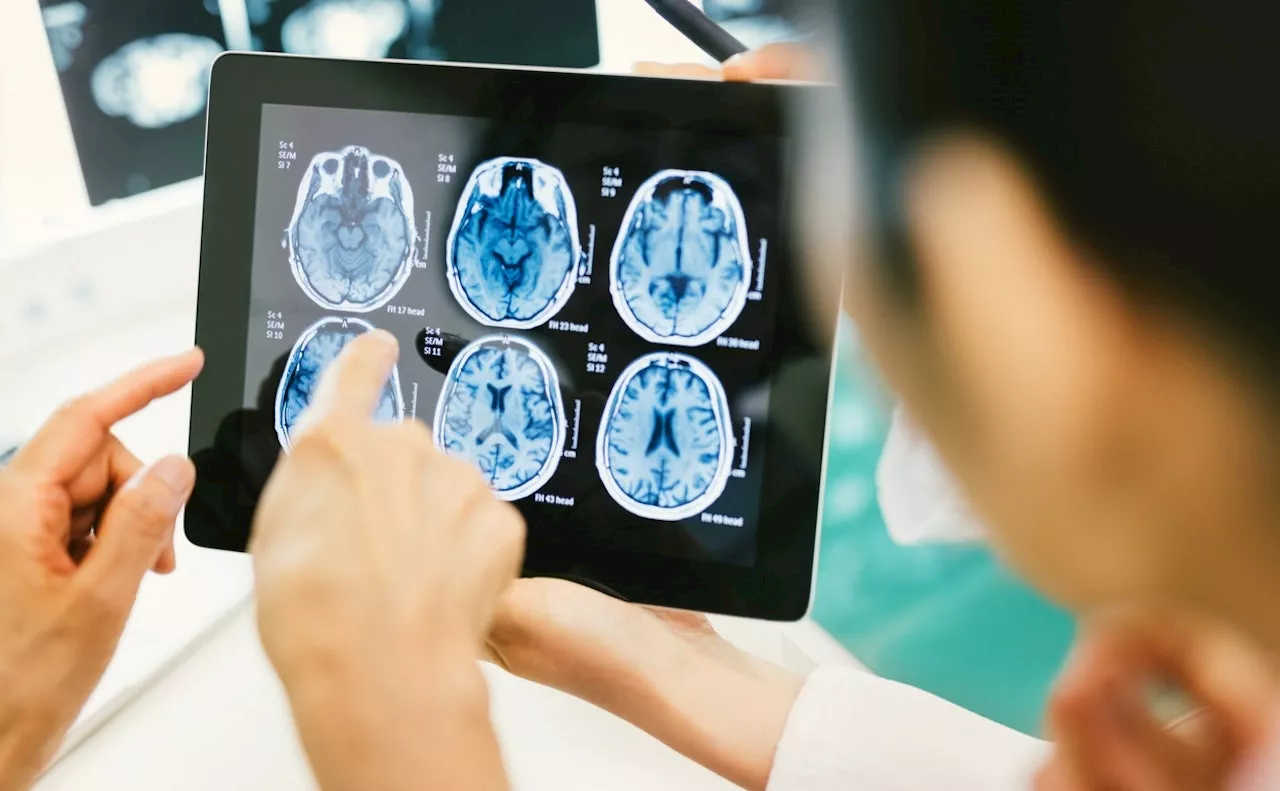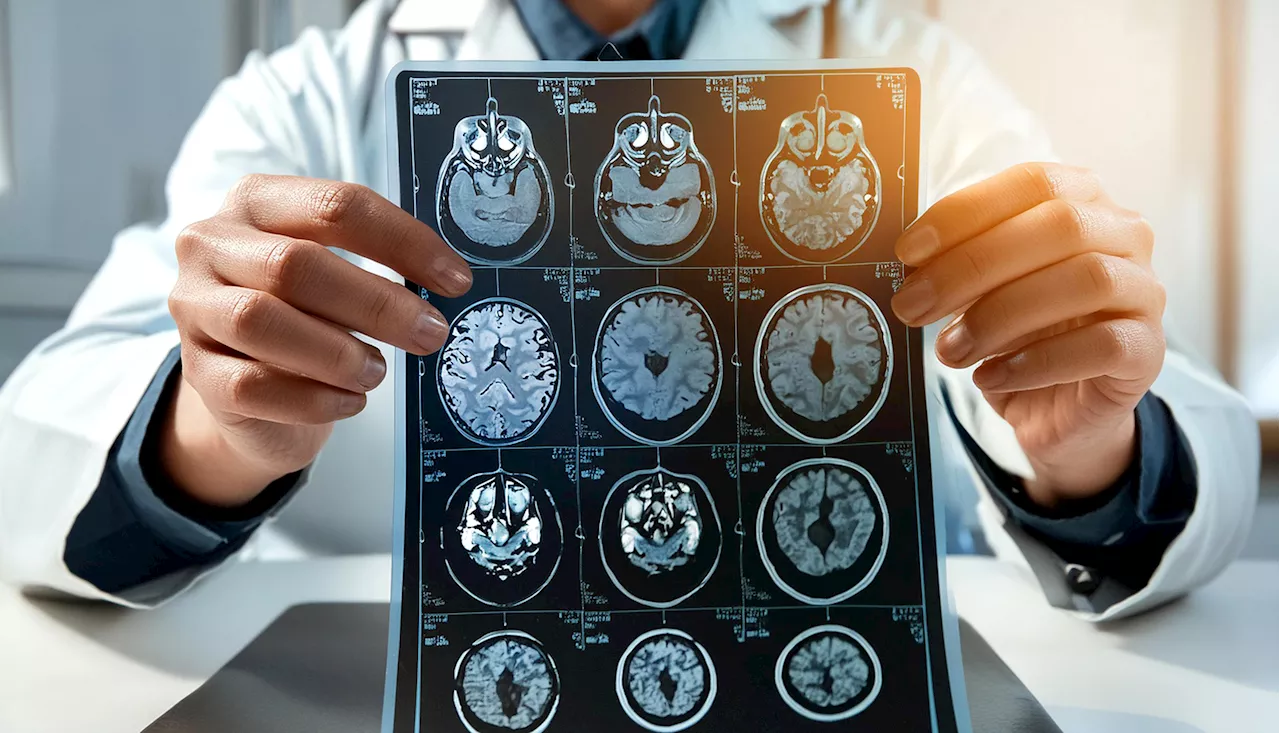In a study, researchers use neuroimaging methods to examine brain resilience in regions of the brain linked to language and aging.
They found that the hippocampus in bilinguals with Alzheimer's disease was noticeably larger than those who were monolingual when matched for age, education, cognitive function and memory, which suggests that there may be some form of brain maintenance related to bilingualism.
"There was greater brain matter in the hippocampus, which is the main region in the brain for learning and memory and is highly affected by Alzheimer's," says the study's lead author, PhD candidate Kristina Coulter. She co-wrote the study with Natalie Phillips, a professor in the Department of Psychology and the Concordia University Research Chair in Sensory-Cognitive Health in Aging and Dementia.
"The brain volume in the Alzheimer's-related area was the same across the healthy older adults, the two risk states and the Alzheimer's disease group in the bilingual participants," says Coulter."This suggests that there may be some form of brain maintenance related to bilingualism.
Cognitive reserve refers to the way a brain can use alternative pathways to maintain functionality even when it has been damaged or experienced shrinkage linked to aging. Brains with greater cognitive reserve can use other parts of the brain than those usually associated with a particular function, such as language or memory, thanks to a lifetime accruing cognitive flexibility.
Future work from these Concordia researchers will delve into whether being multilingual has a similar positive influence on brain networks.With the rise of new drugs that can target the amyloid-beta plaques in the brain that are an early sign of Alzheimer's disease, new ways are needed to determine whether memory loss and thinking ...
Alzheimer's Research Healthy Aging Dementia Intelligence Neuroscience Public Health Poverty And Learning World Development
United States Latest News, United States Headlines
Similar News:You can also read news stories similar to this one that we have collected from other news sources.
 Bilingualism makes the brain more efficient, especially when learned at a young ageA new study from The Neuro (Montreal Neurological Institute-Hospital) of McGill university, the University of Ottawa and the University of Zaragoza in Spain elaborates on bilingualism's role in cognition, showing increased efficiency of communication between brain regions.
Bilingualism makes the brain more efficient, especially when learned at a young ageA new study from The Neuro (Montreal Neurological Institute-Hospital) of McGill university, the University of Ottawa and the University of Zaragoza in Spain elaborates on bilingualism's role in cognition, showing increased efficiency of communication between brain regions.
Read more »
 Neuroscientists Reveal New Alzheimer's 'Brain Maintenance' SkillResearchers have used advanced brain-imaging techniques to determine whether language skills physically alters the brain's structure.
Neuroscientists Reveal New Alzheimer's 'Brain Maintenance' SkillResearchers have used advanced brain-imaging techniques to determine whether language skills physically alters the brain's structure.
Read more »
 New Study Reveals How Alzheimer's Disease Progresses in the BrainA groundbreaking study led by the Allen Institute for Brain Science and University of Washington Medicine has shed light on the cellular changes occurring in the brains of individuals with Alzheimer's disease. Researchers identified two distinct phases of the disease, characterized by varying levels of pathology and cognitive decline.
New Study Reveals How Alzheimer's Disease Progresses in the BrainA groundbreaking study led by the Allen Institute for Brain Science and University of Washington Medicine has shed light on the cellular changes occurring in the brains of individuals with Alzheimer's disease. Researchers identified two distinct phases of the disease, characterized by varying levels of pathology and cognitive decline.
Read more »
 Drinking Caffeine May Reduce Alzheimer's Clumps in The Brain, Study FindsThe Best in Science News and Amazing Breakthroughs
Drinking Caffeine May Reduce Alzheimer's Clumps in The Brain, Study FindsThe Best in Science News and Amazing Breakthroughs
Read more »
 Alzheimer's disease may damage the brain in two phasesAlzheimer's disease may damage the brain in two distinct phases, based on new research using sophisticated brain mapping tools. According to researchers who discovered this new view, the first, early phase happens slowly and silently -- before people experience memory problems -- harming just a few vulnerable cell types.
Alzheimer's disease may damage the brain in two phasesAlzheimer's disease may damage the brain in two distinct phases, based on new research using sophisticated brain mapping tools. According to researchers who discovered this new view, the first, early phase happens slowly and silently -- before people experience memory problems -- harming just a few vulnerable cell types.
Read more »
 Alzheimer's: Hidden 'Early' Brain Damage Phase Revealed by Neuroscientists'The results fundamentally alter scientists' understanding of how Alzheimer's harms the brain,' researchers say.
Alzheimer's: Hidden 'Early' Brain Damage Phase Revealed by Neuroscientists'The results fundamentally alter scientists' understanding of how Alzheimer's harms the brain,' researchers say.
Read more »
